- Joint Sitting of Parliament passes three bills RADIO PAKISTAN
- Joint session of parliament today to take up bills returned by president Dawn
- PPP decides not to oppose Daanish Schools bill Samaa TV
- President Zardari summons joint session of…
Category: 1. Pakistan
-
Joint Sitting of Parliament passes three bills – RADIO PAKISTAN
-
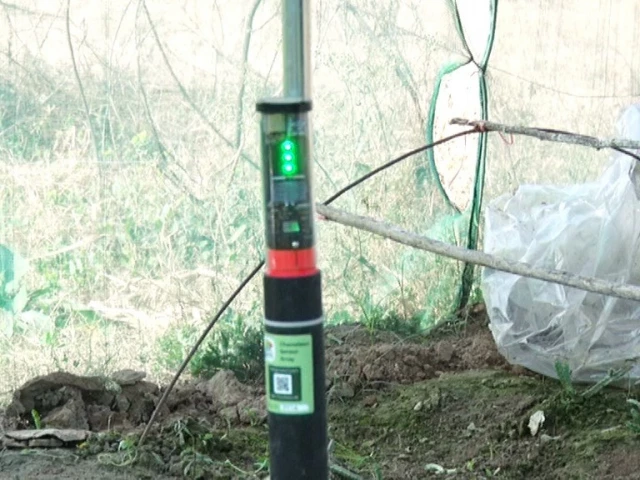
K-P adopts smart sensors to save water, boost crop yields
Real-time data from soil sensors helps K-P farmers end irrigation guesswork, saving water by 30%, cutting fuel costs
…Continue Reading
-
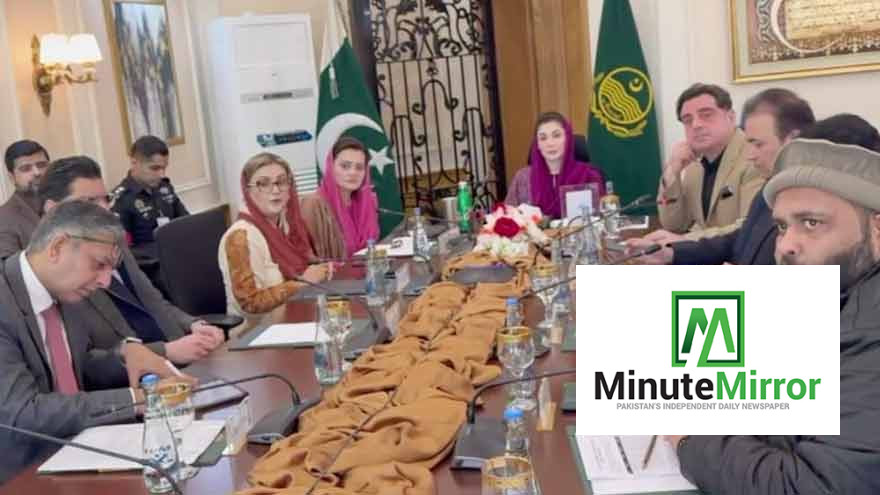
Punjab expands Apni Chhat Apna Ghar scheme for joint families
The Punjab government has announced a major expansion of its flagship housing programme, “Apni Chhat, Apna Ghar”, extending its scope to support joint families across the province.
Under the updated policy, eligible families will be able to…
Continue Reading
-
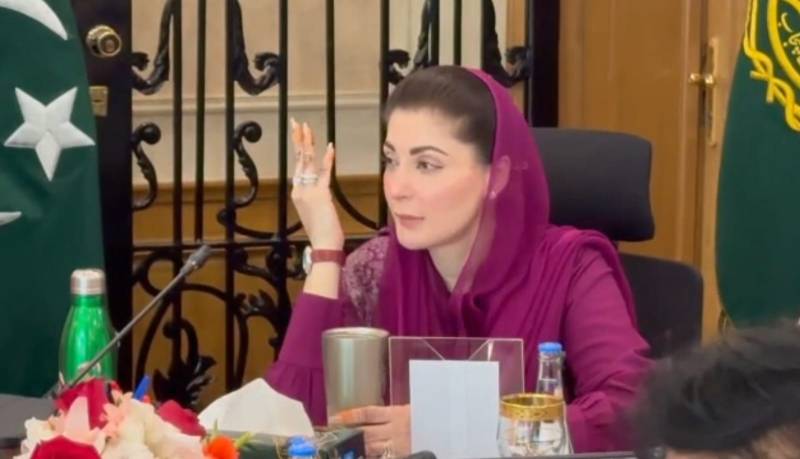
Punjab expands ‘Apni Chhat, Apna Ghar’ to include joint families
The Punjab government has announced an expansion of its flagship housing initiative, Apni Chhat, Apna Ghar, extending its scope to benefit joint families across the province.
Under the expanded program, joint families will be able to obtain…
Continue Reading
-
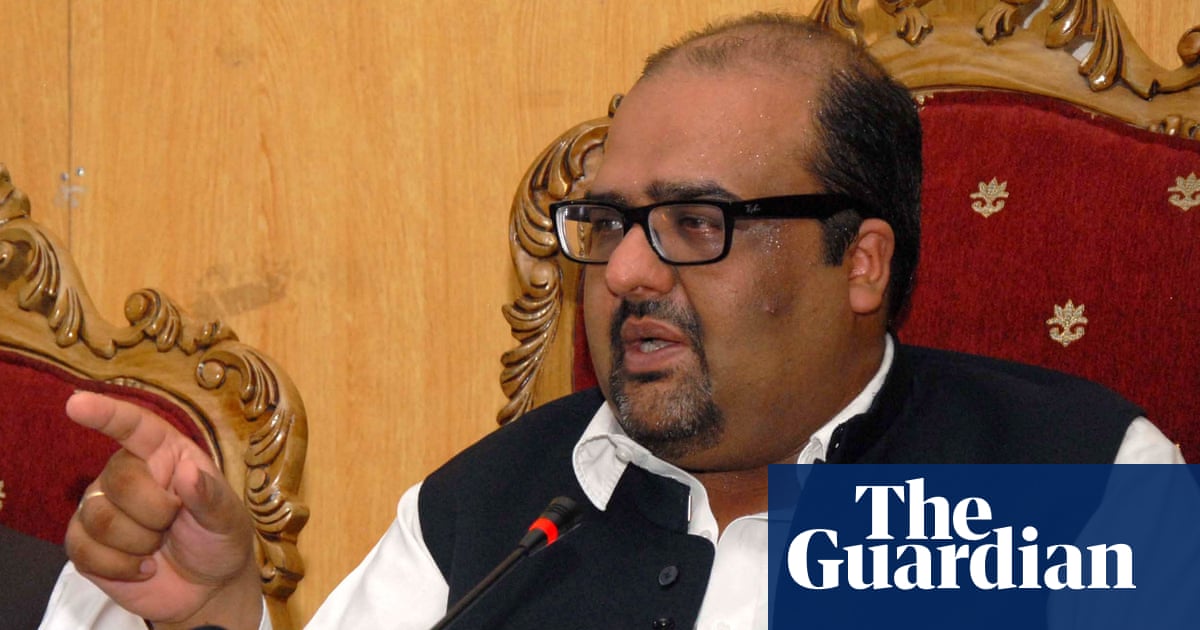
Counter-terrorism police investigating ‘highly targeted’ attacks on Pakistani dissidents in UK | UK security and counter-terrorism
Scotland Yard’s counter-terrorism command is investigating a series of “highly targeted” attacks on two Pakistani dissidents living in Britain which may bear the hallmarks of states using criminal proxies to silence their critics.
One person…
Continue Reading
-
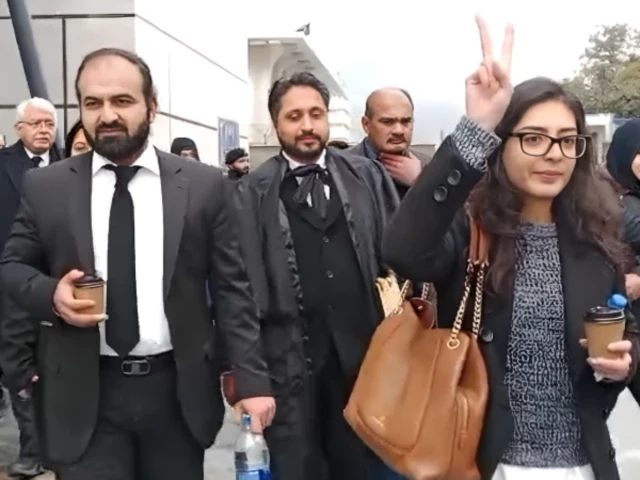
Lawyers Imaan, Hadi sent on 14-day judicial remand by Islamabad ATC after arrest
Former federal minister, IHC bar say police broke car windows, took human rights lawyer duo in separate cars
Lawyer and rights activist Imaan Mazari and her husband, advocate Hadi Ali Chattha. PHOTO: EXPRESS
…Continue Reading
-
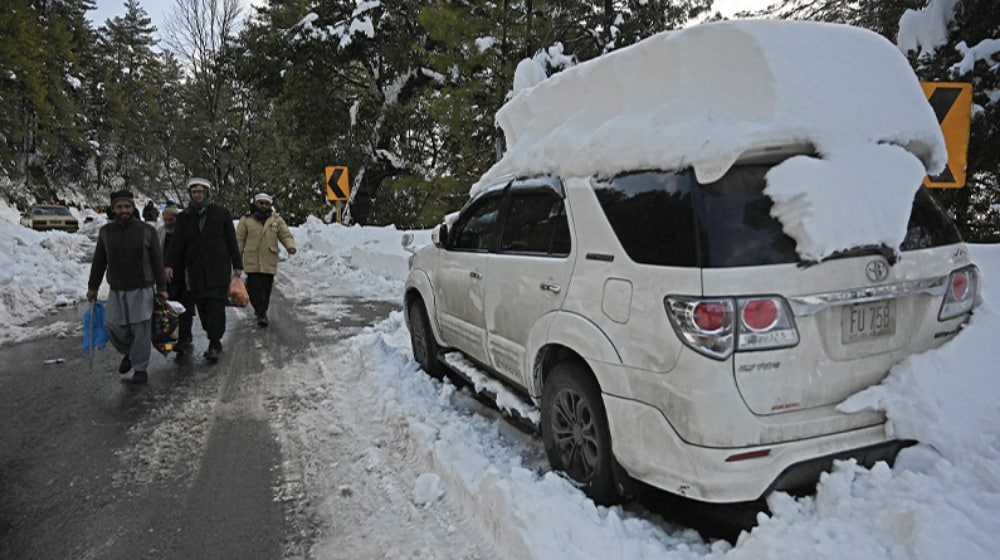
Murree Police Issue 10-Point Travel Advisory for Tourists
Murree Police on Thursday issued a 10-point traffic and travel advisory as heavy snowfall and possible blizzard conditions are expected in the hill station, advising tourists to avoid unnecessary travel.
District Police Officer Murree…
Continue Reading
-
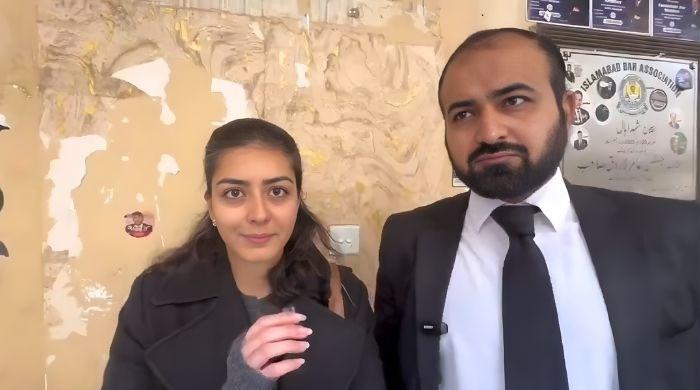
Imaan Mazari, husband Hadi Ali Chattha arrested in Islamabad
Rights activist Imaan Mazari pictured with her husband Advocate Hadi Ali Chattha. — X@FaizQureshiUK - Couple arrested from IHC Bar’s van on their way to district…
Continue Reading
-

NADRA to hold mobile registration drive in UK on January 24
The National Database and Registration Authority (NADRA) will conduct a mobile registration operation in the United Kingdom on January 24, 2026, to provide identity-related services to overseas Pakistanis closer to their communities.
According…
Continue Reading
-

NADRA launches mobile registration drive in UK on January 24
The National Database and Registration Authority (NADRA) will hold a mobile registration operation in the United Kingdom on January 24, 2026, to provide identity-related services closer to the Pakistani community.
The initiative will cover Burton…
Continue Reading